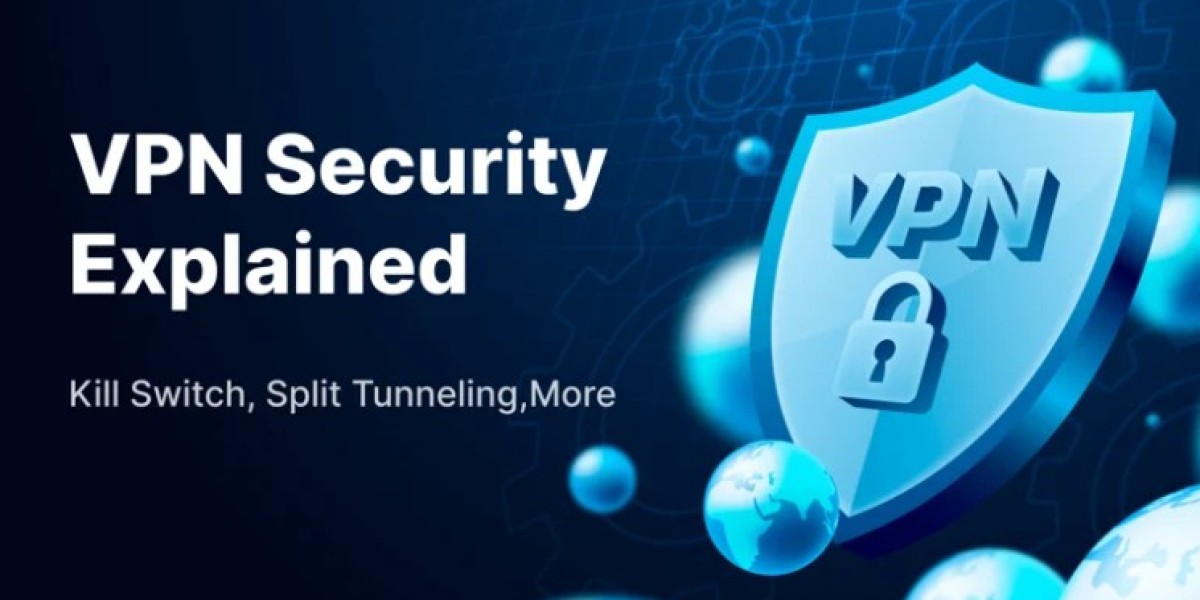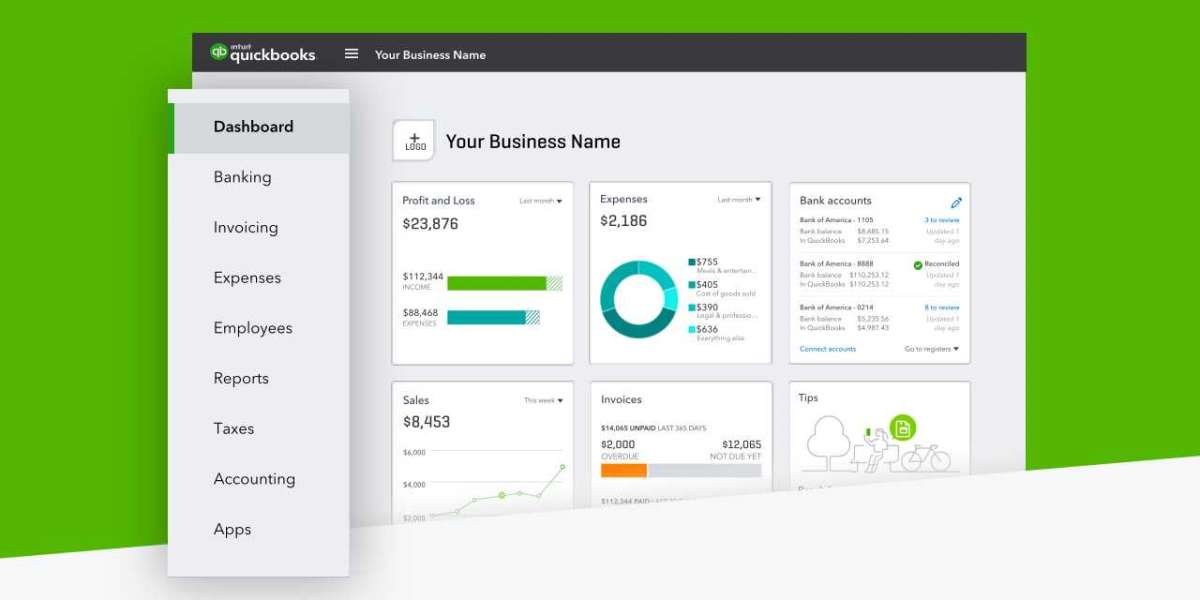Understanding VPN Security: How Secure is a VPN?
Introduction
In an era where online privacy and security are increasingly important, many people are turning to Virtual Private Networks (VPNs) to protect their data. But how secure is a VPN, and what makes it an essential tool for safeguarding your online activities? In this article, we'll delve into the intricacies of VPN security and answer common questions about its effectiveness.
What is VPN Security?
VPN security refers to the measures and protocols a VPN service uses to protect users' data and maintain privacy. This includes encryption methods, secure tunneling protocols, and additional features like kill switches and split tunneling. A well-secured VPN ensures that your internet traffic is encrypted and your IP address is hidden, making it difficult for hackers, ISPs, or government agencies to track your online activities.
How Secure is a VPN?
So, how secure is a VPN? The security of a VPN depends on several factors:
- Encryption Protocols: Most reputable VPNs use strong encryption protocols such as AES-256, which is considered nearly unbreakable. This level of encryption ensures that even if data is intercepted, it cannot be read.
- Tunneling Protocols: Secure tunneling protocols like OpenVPN, IKEv2/IPsec, and WireGuard create a safe passage for your data, protecting it from eavesdropping and tampering.
- No-Logs Policy: A strict no-logs policy means that the VPN provider does not keep records of your online activities, further ensuring your privacy.
- Additional Security Features: Features like a kill switch, which disconnects your internet if the VPN connection drops, and split tunneling, which allows you to route some traffic through the VPN while letting other traffic access the internet directly, add extra layers of protection.
Importance of VPN Security Features
Kill Switch
A kill switch is a critical security feature in any VPN service. It automatically disconnects your internet if the VPN connection fails, preventing your data from being exposed. This ensures that your IP address and online activities remain hidden, even in the event of a connection drop.
Split Tunneling
Split tunneling allows you to choose which applications or websites use the VPN connection and which do not. This can enhance your online experience by allowing you to access local content with your regular internet connection while keeping sensitive activities encrypted and secure.
Benefits of Using a Secure VPN
Using a secure VPN offers numerous benefits:
- Enhanced Privacy: Protects your personal information from being tracked or collected.
- Improved Security: Safeguards your data from cyber threats, especially on public Wi-Fi networks.
- Access to Restricted Content: Allows you to bypass geo-restrictions and access content from different regions.
- Anonymity: Masks your IP address, making it difficult for websites and services to track your location and activities.
Conclusion
Understanding VPN security and knowing how secure is a VPN can help you make an informed decision about using this technology. With the right VPN service, you can protect your online activities, maintain privacy, and enjoy a safer internet experience. Ensure your chosen VPN has robust security features to maximize your protection.








